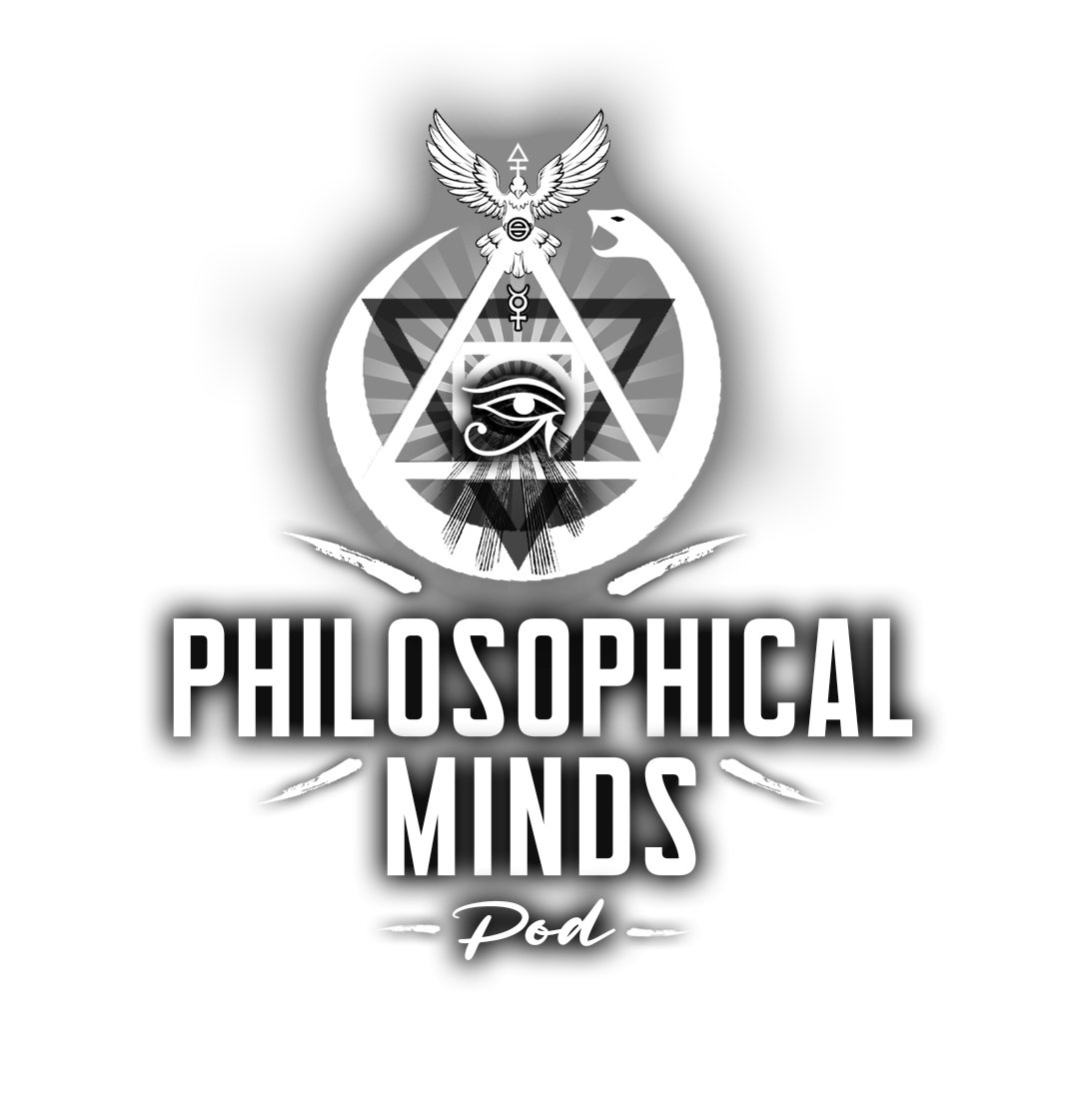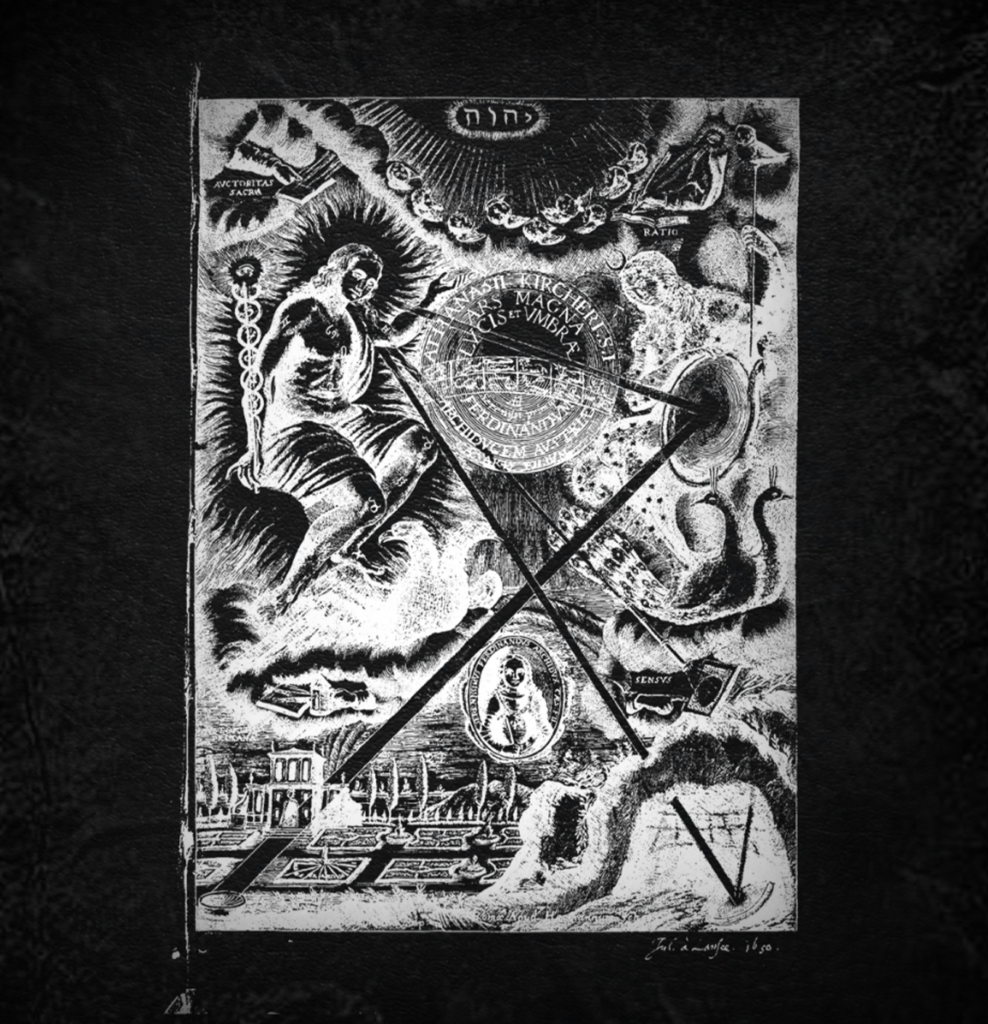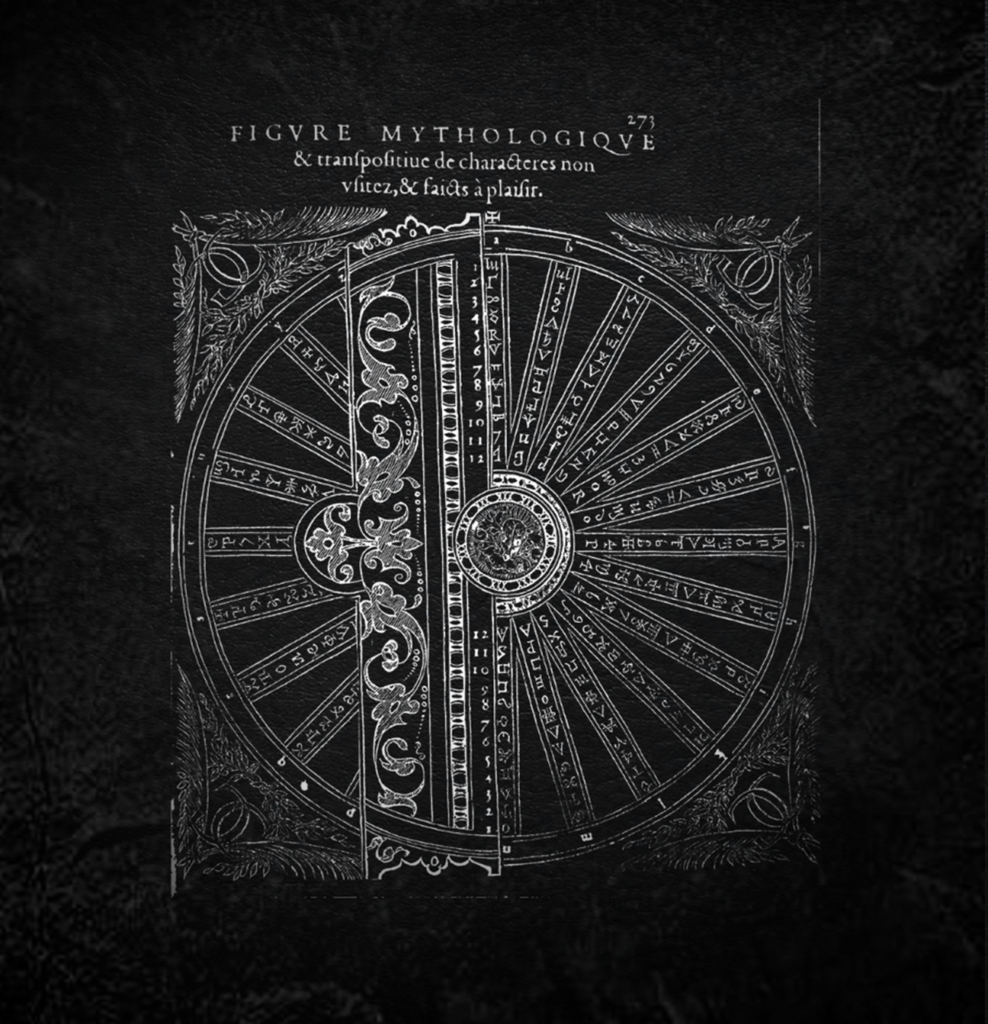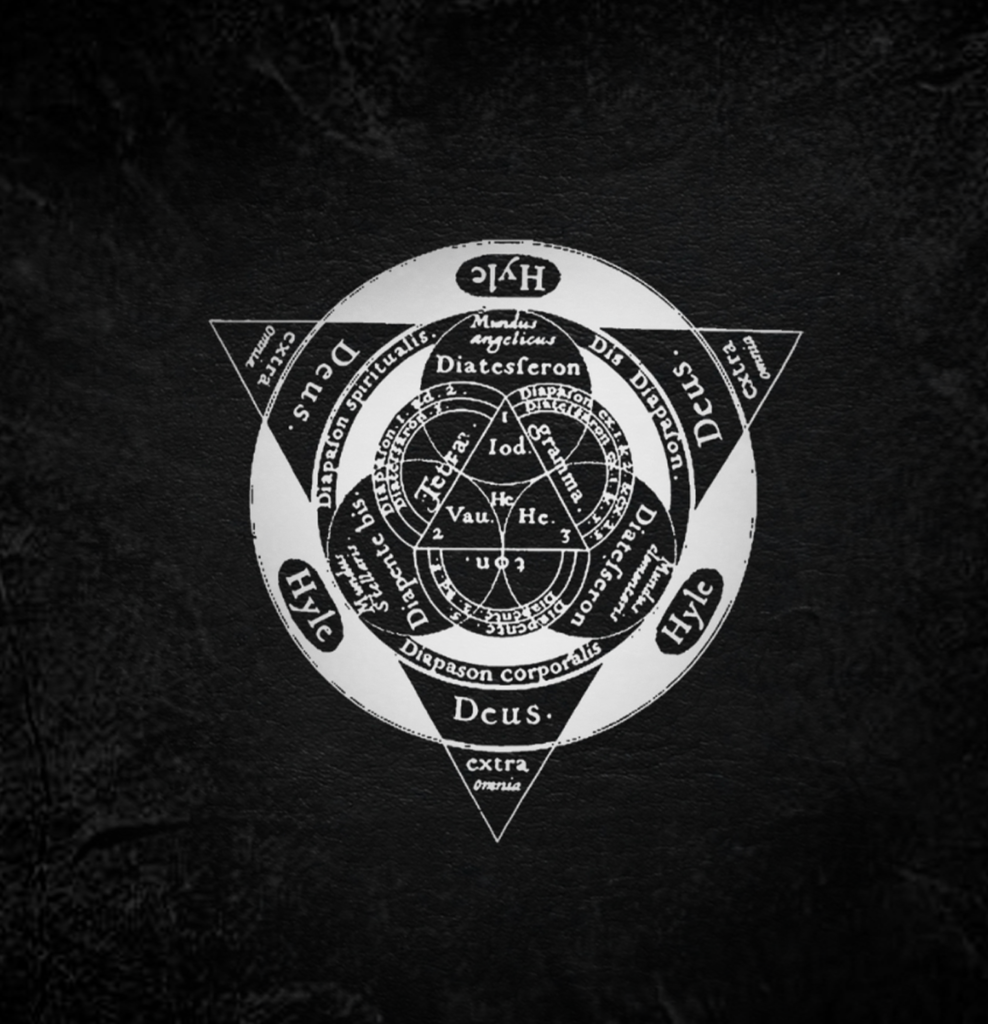Each episode is meticulously crafted to ensure that listeners walk away with a richer understanding of the topics discussed. Mathis’s choice of guests reflects his commitment to diversity in thought and experience. From renowned scholars to emerging thinkers, the podcast showcases a wide array of voices, each contributing to the tapestry of human knowledge. This inclusivity is one of the podcast’s strengths, offering listeners a broad spectrum of perspectives and insights.
Moreover, the Philosophical Minds podcast excels in fostering a sense of community among its listeners. Mathis frequently engages with his audience through social media, encouraging them to share their thoughts and questions. This interactive element creates a dynamic dialogue that extends beyond the episodes, making philosophy a living, breathing discipline that resonates with everyday life.
In conclusion, the Philosophical Minds podcast, under the stewardship of Skyler Mathis, is more than just a platform for intellectual discourse. It is a vibrant community where ideas flourish, and curiosity is celebrated. By bridging the gap between ancient wisdom and modern thought, Mathis has created a space where listeners can explore the depths of philosophy and science, emerging with a deeper understanding of the world and themselves. Whether you are a seasoned philosopher or a curious novice, the Philosophical Minds podcast promises to enlighten, challenge, and inspire.
Theoria, derived from the Greek word for “contemplation” or “theory,” represents a profound concept within both alchemical and philosophical traditions. In its essence, theoria is the pursuit of deep, contemplative understanding, aiming to grasp the fundamental nature of reality and the divine. This term encapsulates a range of practices and aspirations, from mystical contemplation to rigorous philosophical inquiry, and is central to various spiritual and intellectual traditions.
Theoria in Alchemical Tradition**
In alchemy, theoria refers to the contemplative and mystical aspects of the alchemical work. Alchemists believed that the process of transmuting base metals into gold or creating the philosopher’s stone was not merely a physical operation but also a deeply spiritual and philosophical endeavor. Theoria in this context involves meditative reflection on the symbolic meanings of alchemical processes and the divine… Read More >
Johannes Trithemius (1462-1516) stands as a pivotal figure in the history of Western esotericism, straddling the realms of Renaissance scholarship and occult practice. Renowned for his contributions to cryptography, magic, and mysticism, Trithemius’ work remains influential in understanding the development of esoteric traditions in Europe.
Born in Trittenheim, Germany, Trithemius was a Benedictine monk who dedicated much of his life to the study of ancient texts and the esoteric arts. His scholarly pursuits encompassed a wide range of subjects, from classical languages and history to alchemy and astrology. However, it was his profound engagement with mystical and magical traditions that cemented his legacy as a significant occultist.
One of Trithemius’ most notable contributions was his pioneering work on cryptography. His treatises, including the *”Steganographia”*, revealed his innovative approach to secret writing, which involved complex ciphers and encoding techniques. Although this work was ostensibly … Read More >
In the rich tapestry of alchemical tradition, the elements of salt, sulfur, and mercury stand out as fundamental symbols representing the essential processes of transformation and the quest for spiritual enlightenment. These three substances are often described as the “three primes” or “tria prima” in alchemical lore, each embodying unique aspects of the alchemical work and the inner journey of transformation.
Salt: The Principle of Stability and Purification
In alchemical symbolism, salt represents the principle of stability, crystallization, and purification. It is often associated with the concept of the “fixed” or “coagulated” state of matter, symbolizing the material and tangible aspects of existence. Salt is seen as a binding force that holds substances together, providing structure and coherence. It signifies the end result of the alchemical process, where the purified and refined elements are solidified into a stable form. Read More>
Seven Archangels
- Michael: Leader and protector.
- Gabriel: Messenger of God, associated with water.
- Raphael: Healer and guide.
- Uriel: Light of God, associated with wisdom.
- Raguel: Justice and harmony.
- Saraqael: Knowledge and protection.
- Remiel: Hope and mercy.
Seven Days of the Week
- Sunday: Associated with the Sun.
- Monday: Associated with the Moon.
- Tuesday: Associated with Mars.
- Wednesday: Associated with Mercury.
- Thursday: Associated with Jupiter.
- Friday: Associated with Venus.
- Saturday: Associated with Saturn. More>








